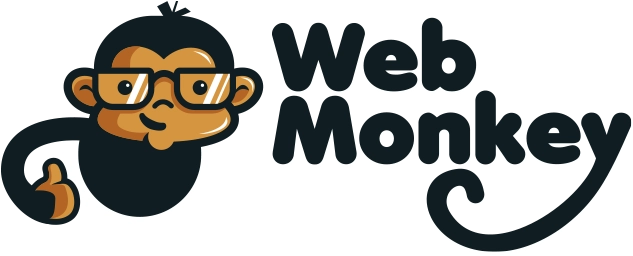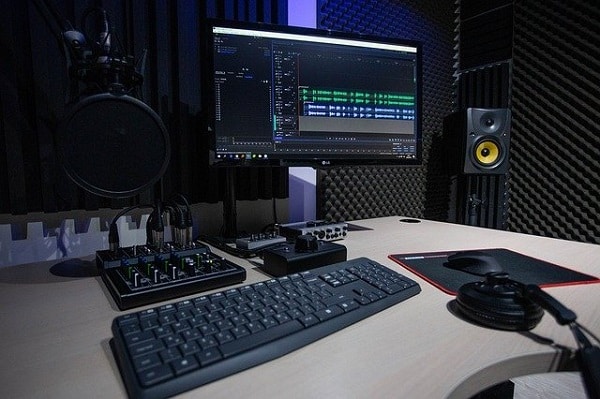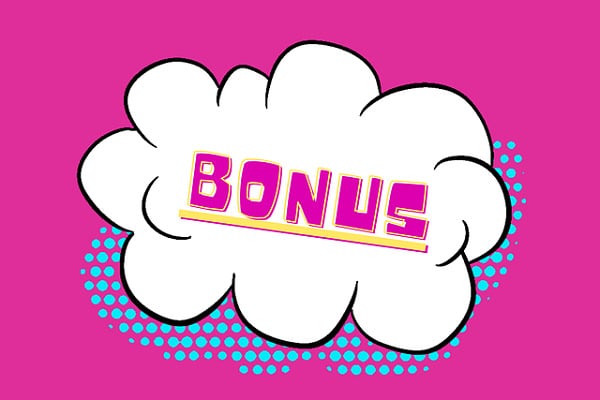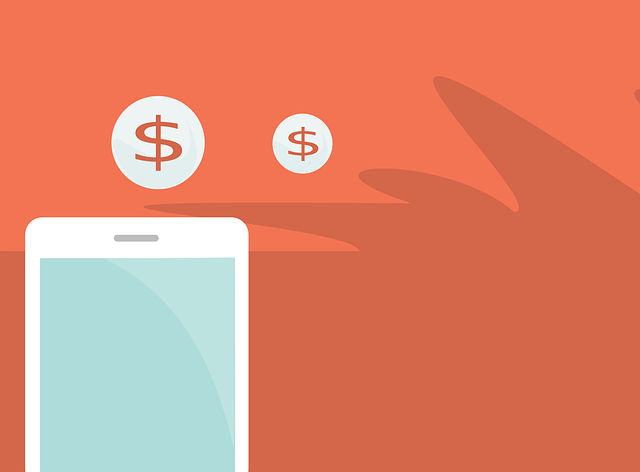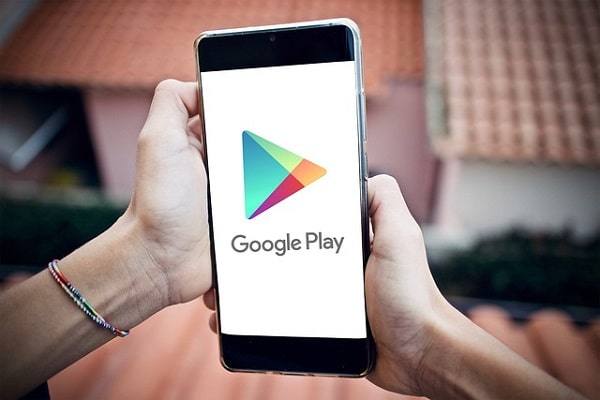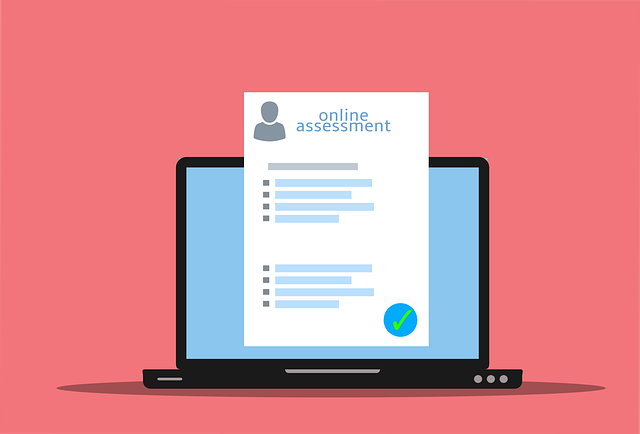Podcast Vs YouTube – Which One Should You Start To Make Money?
When it comes to making money online or starting some sort of online business, you definitely have a lot of options.
Some popular examples include things like making money blogging, starting your own podcast, or making money on YouTube.
But with all this choice, it can be difficult to know which online business idea or side hustle is right for you.
So in this post, I'm breaking down the main differences between YouTube vs podcasts and the pros and cons of both platforms.
If you're wondering if you should start a podcast or YouTube channel and need a helping hand, this is definitely the post for you.
Podcast vs YouTube – Which One Should You Start?
I've been making money with my blog for over four years at this point.
And, I've also been making money with my YouTube channel for around 2 years now.
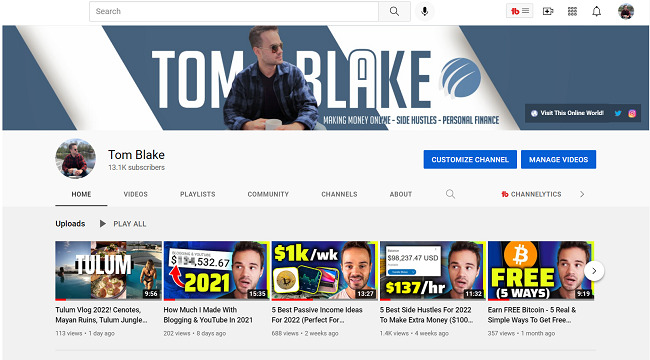
I also know plenty of other YouTubers and Podcasters and have spoken on my fair share of podcasts over the last few years to talk about different side hustles and blogging.
All in all, it's clear that you can find success on YouTube or with your podcast, and both platforms have immense potential for making money, growing your brand, and expanding your network.
However, just like blogging vs YouTube, choosing between starting a podcast channel or YouTube channel largely depends on your skills, budget, goals, and preferences.
Time to break down the factors you should consider when choosing between YouTube vs podcasts.
Skills You Need
One honest conversation you have to have with yourself when choosing between a podcast or YouTube channel is the skills you have or what skills you're interested in learning.
Podcasts and YouTube channels are online businesses, and you need the right digital toolkit to find success on either platform.
YouTube Skills
I'm no pro at YouTube, but my channel is approaching 15,000 subscribers and I've definitely learned a lot about YouTube since starting my channel.
YouTube is honestly a very complex platform.
Between the audio and video components, there's a lot that goes into making a good video. Plus, things like YouTube SEO and thumbnail design also play a huge role in how your channel performs.
All in all, I think these are the main skills successful YouTubers need to have:
- The ability to tell a good story
- Knowing how to film high quality videos
- Knowing how to edit videos
- Knowing how to design thumbnails
Now, this might sound daunting, but all of these skills are something you can learn or even outsource.
For example, I'm awful at making YouTube thumbnails, but I work with a graphic designer who makes the ones for my channel for $20 per thumbnail.
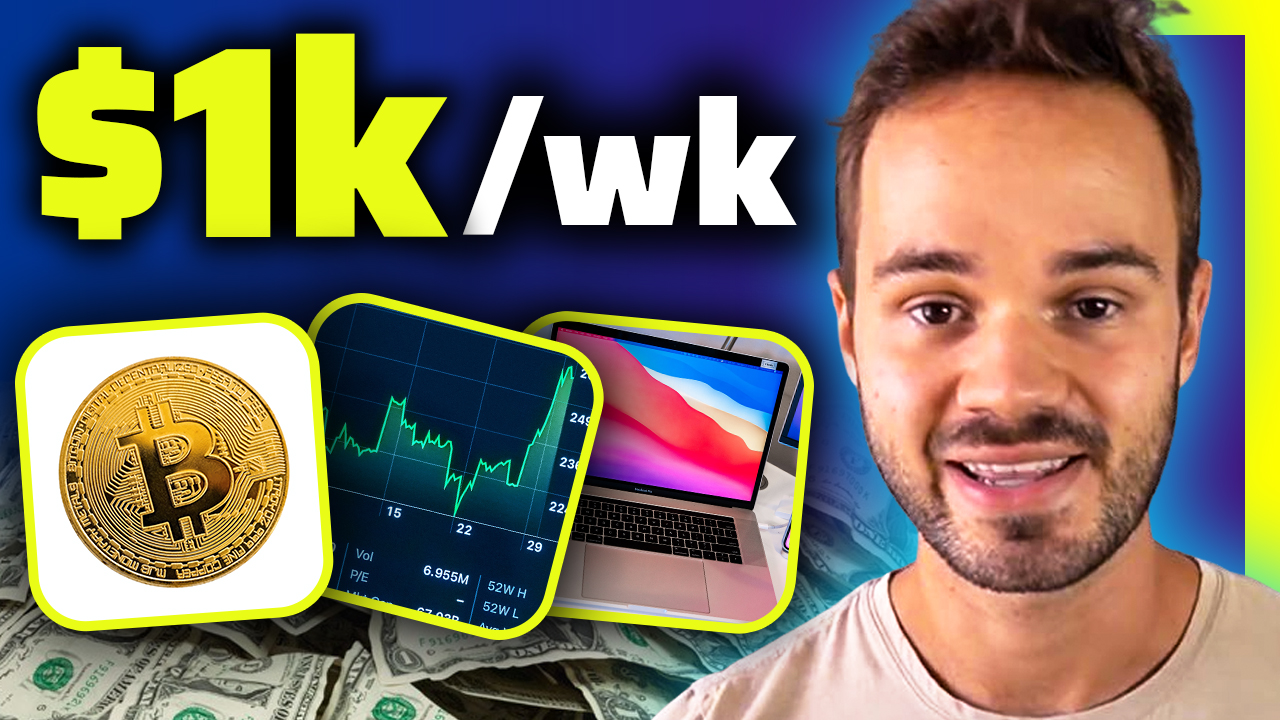
I also had zero editing experience before starting a YouTube channel, but my editing skills quickly got better as I kept on practicing.
Really, the main skill I think YouTubers need to have is to be engaging.
This means being good on camera, knowing how to tell a captivating story, and understanding tricks that make people want to watch more of your videos.
Podcast Skills
Like YouTube, audio is extremely important for running a successful podcast.
In fact, while you can get away with a bit of lackluster audio here or there on YouTube, it's essentially inexcusable for podcasts because many podcasts don't have any visuals, so audio is carrying the show.
And, since podcasts often have guests on them, your conversational skills and interviewing abilities are even more important.
Here are some skills successful podcasters have:
- Being excellent communicators
- Knowing how to record crisp audio
- Being personable
- Being able to extract good or funny stories from people on their show
In short, if you're a people person and love chatting, starting a podcast could be for you.
Just remember that working on your audio is super important, which we're about to cover in the next section!
Startup Costs
Another factor to consider when choosing between a podcast or YouTube channel are the startup costs.
I know it's possible to start a successful podcast or YouTube channel without spending much money.
However, you're still spending some money at the start in most cases. Plus, each platform can incur additional expenses as you scale.
YouTube Costs
If you have a high-quality smartphone, you can honestly try starting a YouTube channel with your smartphone and a simple phone microphone off of Amazon.
But if you want to take things a bit more seriously and use a camera and more sophisticated microphone, you don't need to spend a fortune either.
For example, here's my budget YouTube setup that I used to scale my channel to around 10,000 subscribers:
- Sony A6000 Camera – $495.
- Audio-Technica AT2005 USB Microphone – $80.
- Wondershare Filmora for Video Editing – $60.
- Joby GorillaPod Tripod – $15.
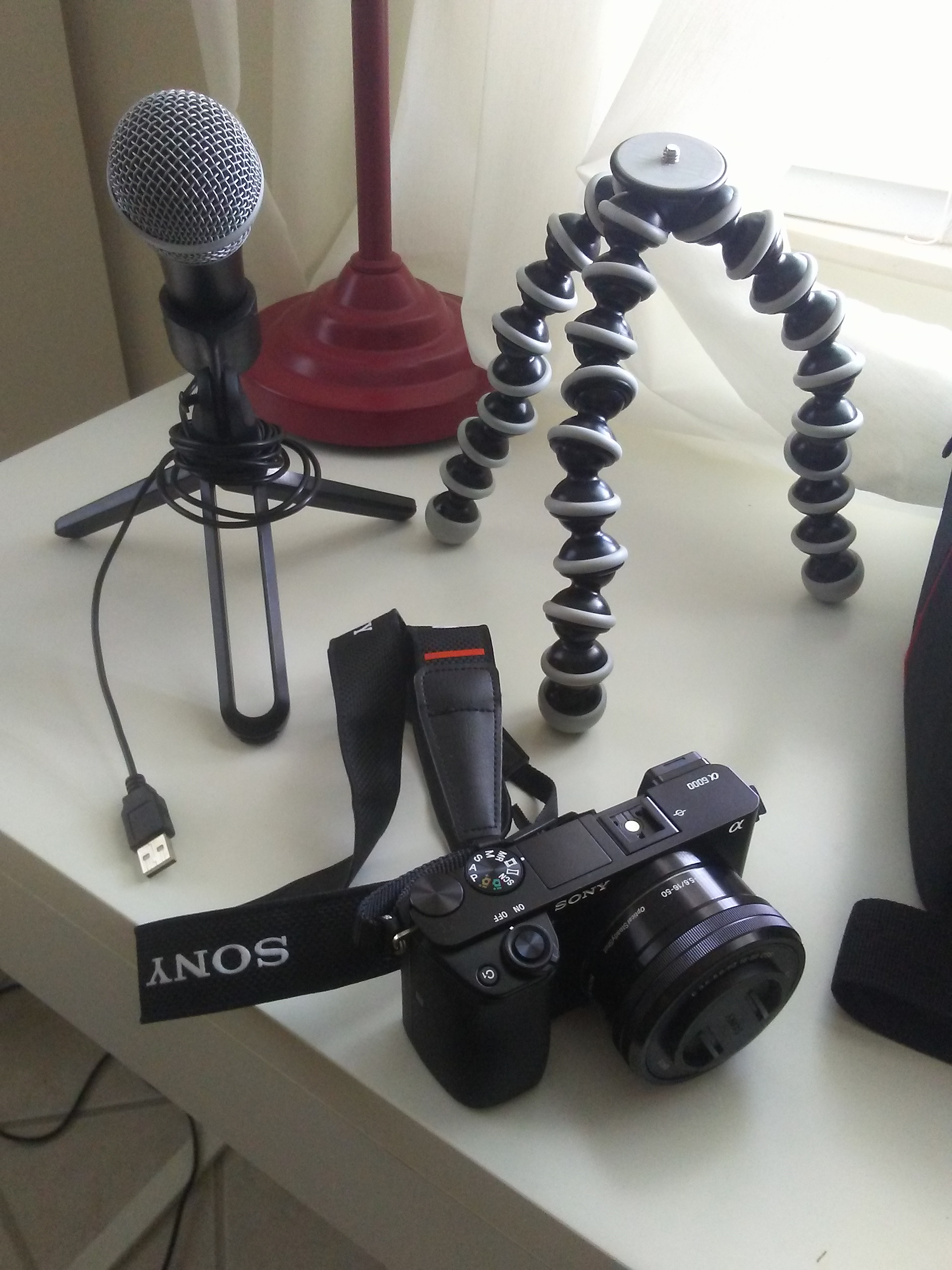
The Sony A6000 is honestly a great beginner camera for YouTube, and you can find them for even cheaper if you buy one used.
As your channel grows, you can always upgrade your camera, microphone, and setup, but don't think YouTube is very expensive out of the gate.
Podcast Costs
One of the main differences between YouTube vs podcasting is that you need to pay for a podcast host.
A podcast host is basically a service that stores and distributes your podcast episode. This is what lets you list your podcast episodes on platforms like Apple Podcasts and Spotify.
So first things first, you're going to need some sort of podcast host.
Luckily, podcast hosts like Buzzsprout let you start your own podcast for free just to test the water.
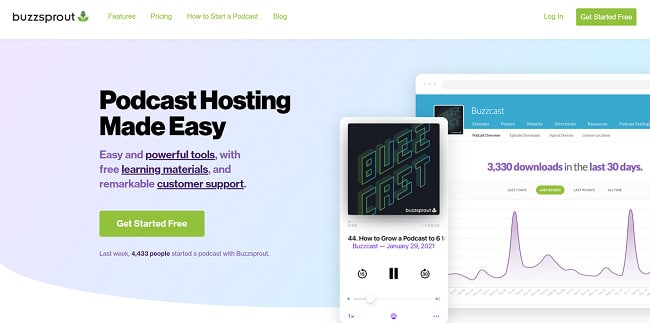
Buzzsprout's free plan lets you upload 2 hours each month, and episodes are hosted for 90 days.
But if you want to keep your podcast going, Buzzsprout starts at just $12 per month, which is like a few coffees to start an online side hustle!
Plus, you get a free $20 Amazon gift card when you try out one of Buzzsprout's paid plans.
My good friend Ben and many other people I know use Buzzsprout, but of course, there are plenty of other hosts out there.
So, what other costs can you expect with podcasting?
Well, the two potential ones are:
- A high-quality podcast microphone like the Rode NT-USB Studio Quality Microphone: Around $160
- Potential sound-proofing acoustic panels if you're getting serious and building a small podcast studio: Around $50
Honestly, a good microphone and affordable podcast host is all you need to get started.
So in short, starting a podcast is usually cheaper than starting a YouTube channel out of the gate.
However, podcasts require paying for hosting which is an ongoing expense.
Growing Your Audience
One more important consideration in the podcast vs YouTube debate is which channel is easier to grow.
After all, you need to build an audience with your podcast or YouTube channel if you want to make money, so this is an important consideration.
Growing A YouTube Channel
One of my favorite aspects of making money on YouTube is that you always have the potential to go viral.
A single YouTube video doing well in YouTube's algorithm can honestly change your life or kickstart your channel.
This is exactly what happened to me when a video I made on making money online for teens went semi-viral and got more than 500,000 views.
This single video helped me reach 1,000 subscribers on YouTube and has since earned over $6,000 in income as well.
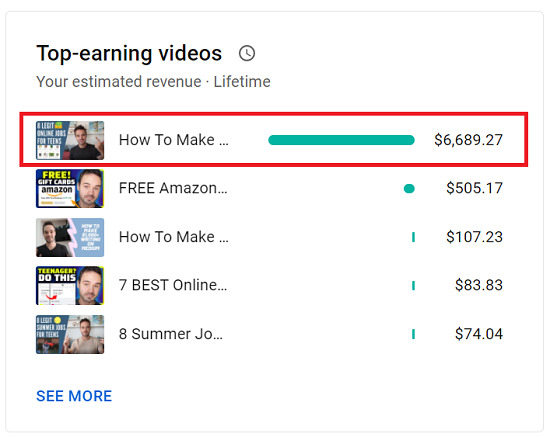
However, this video was a calculated attempt to grow my channel.
This is because you can use YouTube SEO tools like TubeBuddy to research keyword volume on YouTube to come up with video ideas.
This is a similar process to using SEO tools like SEMRush to find winning blogging keywords, and honestly, TubeBuddy has made a massive difference for my channel.
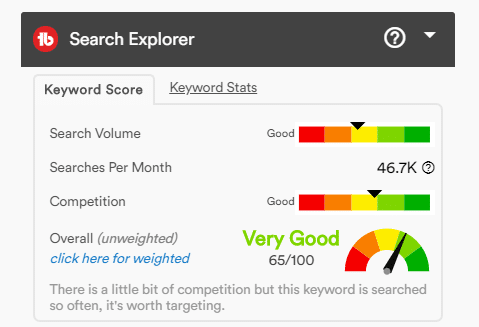
TubeBuddy also helps you tag videos with the right tags, split test thumbnails, and makes the entire YouTube publishing process feel much more formulaic.
So, in my opinion, YouTube is one of the easier platforms to grow on because you have that viral factor.
My biggest challenge has been sticking to my niche and learning to make more captivating thumbnails because thumbnails matter a lot on YouTube.
However, if you're new to graphic design, you can still design your first thumbnails with software like Canva and work on improving your channel's quality over time.
The bottom line is that YouTube has some of the highest growth potential out there, so this is definitely one massive perk of this platform.
Growing A Podcast
I've talked with my friend Ben Leavitt about growing podcasts before, as well as plenty of other bloggers I know who have podcasts.
In my opinion, growing an audience is very tough with a podcast. This is probably the largest downside of this side hustle.
The main drawback of podcasts is that the small percentage of podcasts dominate the market.
Just take a look at Joe Rogan or podcasts like Call Her Daddy.
Additionally, podcast episodes have way less potential to go viral than a YouTube video unless you have an insane story or guest on your podcast episode.
That said, the advantage of growing a podcast is that it usually goes hand in hand with growing your network.
I mean, every person you have on your podcast is a new friend and connection. This can pay dividends down the line and help you expand your skill set and professional network.
I still think marketing a podcast and growing your audience is much more difficult than YouTube, but you also get more networking opportunities even though you're probably reaching fewer people.
Making Money
If you want to earn passive income or turn a podcast or YouTube channel into a business, thinking about monetization is obviously important.
And, this is also one area where YouTube channels vs podcasts are pretty different.
Making Money On YouTube
There are two main ways to make money on YouTube:
- Adsense Ads: YouTube pays you for displaying ads on your video once you have at least 1,000 subscribers and 4,000 hours of watch time.
- Affiliate Income: You can place affiliate links in your video description boxes to start earning affiliate income.
I make around $1,500 per month right now with my YouTube channel, with about $1,000 coming from Adsense ads.
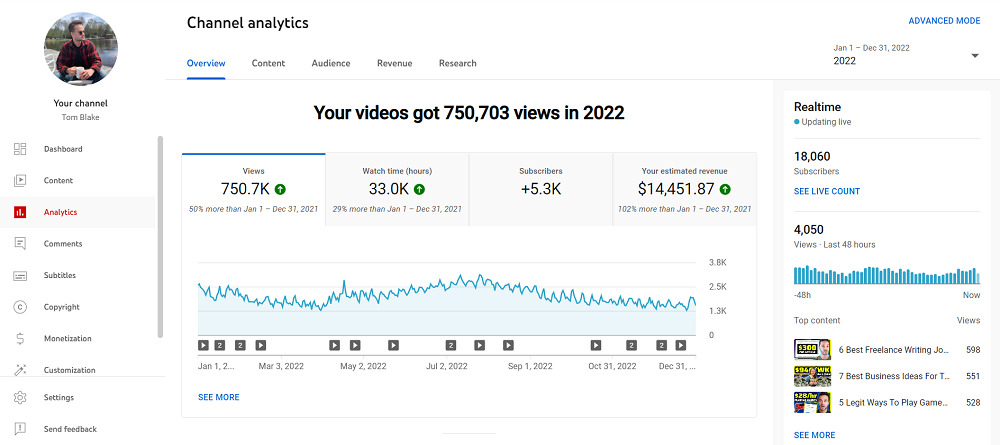
What's cool about YouTube is you can also get money with sponsorship opportunities. Depending on how many subscribers you have, this could be hundreds or thousands of dollars for a shout out.
Overall, my YouTube income has also grown steadily as videos rank and I publish more content.
In short, I think making money on YouTube is pretty speedy, and it's also a very versatile platform with multiple income opportunities.
Making Money With A Podcast
Making money with a podcast is a bit trickier than making money on YouTube because it usually takes longer to grow your audience.
And, with a small audience, it's less likely that you can find brand deals or make significant income from your channel.
That said, here are some ways people make money with podcasts:
- Sponsorships: This is probably the most common way to earn from your podcast.
- Affiliate Income: Podcasters often have unique coupon codes or deals for their audiences.
- Subscribers: Many podcasters ask for donations or make money with additional platforms like Patreon.
Patreon is honestly so lucrative for podcasters, and this is how you can make serious money with a podcast even if you have a small audience.
The idea is to give subscribers extra perks like early access to episodes or even the ability to vote on future episodes.
Additionally, I will say that podcast monetization is becoming easier.
For example, Buzzsprout added an affiliate marketplace that helps connect you to relevant brands for your podcast episodes.
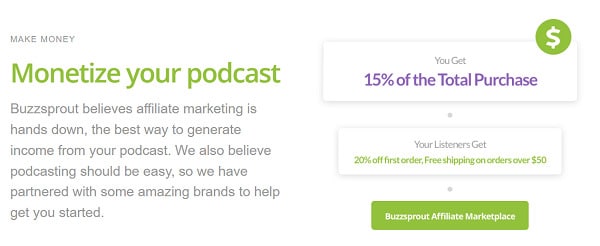
I still think you can make money on YouTube more quickly, but I think your value-per-subscriber is much higher for a podcast than on YouTube.
Start your own podcast with Buzzsprout today and get a free $20 Amazon gift card!
Advantages And Disadvantages Of YouTube And Podcasts
Now that you know some of the most important differences between podcasts or YouTube, it's time to break down the advantages and disadvantages of each platform.
YouTube Pros And Cons
If you're on the fence about starting a YouTube channel, here are some of the main pros and cons to consider.
The Pros:
- Viral potential for your videos
- Low start-up costs
- You can make money quickly once you reach 1,000 subscribers
The Cons:
- Video editing takes time to learn
- You usually have to buy a camera for your channel
Podcast Pros And Cons
Here are some of the main advantages and disadvantages of starting a podcast:
The Pros:
- You can expand your professional network
- You can convert subscribers into high-value paying subscribers
- Podcast sponsorships are incredibly lucrative
The Cons:
- Growing your following is usually more difficult than growing a YouTube channel
- Monetization is usually trickier when you're just starting out
Which Option Is Right For You?
In my opinion, both YouTube and podcasts have incredible potential to grow your online presence and make serious money.
However, if you only have time to try one platform, you need to pick the one that's the best fit.
You should start a YouTube channel instead of a podcast if:
- You like the idea of filming and editing videos
- You want to get very creative
- You want an easier platform to grow on
You should start a podcast if:
- You want to expand your network
- You enjoy having conversations with new and interesting people
- You know how to record great audio (or are willing to learn)
My good friend Ben also has an awesome video that breaks down the difference between podcasting vs YouTube, so I definitely recommend giving that a watch!
I also want to note that you can always start a podcast and then upload the videos to a YouTube channel.
Many podcasters do this, but the only downside is you often need one or two cameras to film your episodes, so this requires more work.
Extra Reading – Blog vs Podcast – Which One Should You Start?
What Do Other Podcasters And YouTubers Think?
One of the best ways to pick the right side hustle for you is to learn from people who are already doing it.
And, forums like Reddit are the perfect resource for picking between podcasting or YouTube.
For example, here's what some fellow podcast and YouTube fans are saying about each platform in one thread:
- TheDPurcell says: “Pick the medium that is easiest for you to communicate to your audience with. That's essentially your Product Market Fit (a digital marketing term for the above things). I would say audio is easier than YouTube as YouTube kinda requires a bit more heavy lifting on the editing and storytelling front.”
- sjkoonz says: “I agree, do both. Create a YouTube channel, upload the audio and you have the room to do additional video work whenever you want. YouTube also gives you the transcript and CC and you can do additional videos as bonus for the subscribers by simply marking them unlisted. Be on as many platforms as you can manage.”
- MrDrewGarcia says: “Editing for video is more work. But I’d apply the adage that you shouldn’t let the perfect become the enemy of the good. Even if you spent a week editing your videos they’re not going to be perfect or even close to it. You’re an amateur and it takes time to build that skill for which others have gone to school and have dedicated their professional lives. Instead focus on the quality and volume of content.”
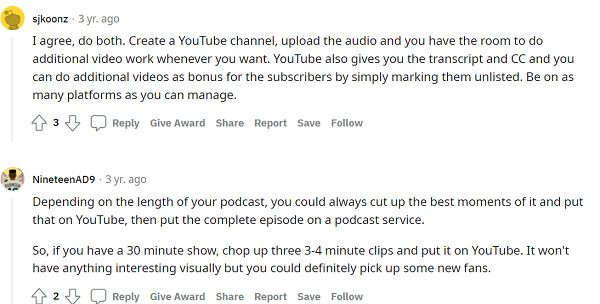
As you can see, many people suggest doing both a podcast and YouTube channel.
My only caution here is not to bite off more than you can chew. Start with one platform, and if you have the bandwidth for it, scale to the other platform!
Extra Reading – The Best Passive Side Hustle Ideas.
Final Thoughts
I hope this YouTube vs podcast breakdown helps you decide which channel is right for you.
Honestly, if you play to your strengths and stay consistent, there's no reason why you can't find success with a podcast or YouTube channel.
Just enjoy the process, keep improving your processes, and stick with either platform for the long run!
Best of luck!
Looking for other online money-making ideas? Checkout:
